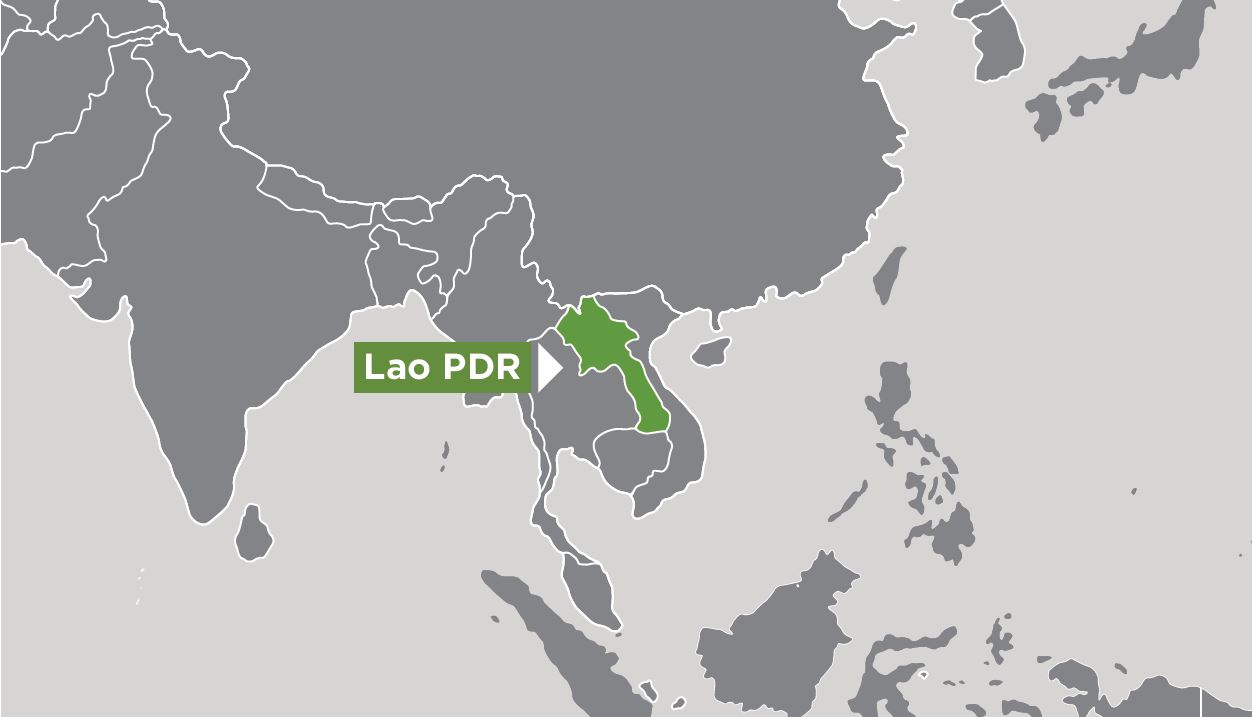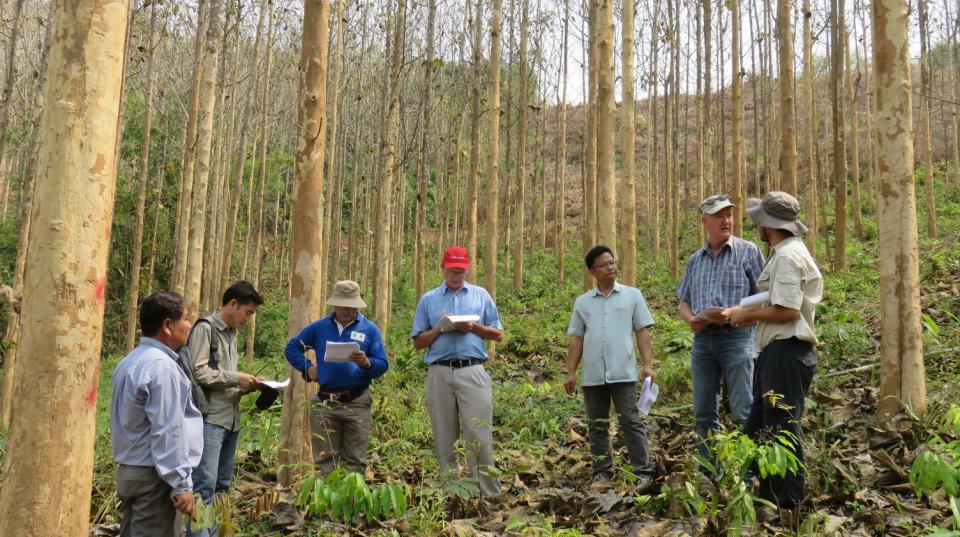Overview
This project aimed to improve smallholder livelihoods in the upland regions of northern Laos to enable the better understanding of the economic, social and environmental benefits of teak-based agroforestry systems.
Laos is one of the poorest countries in South-East Asia with around 25% of the population living on less than US$1 per day.
Some of the poorest districts in the upland areas of northern Laos face food insecurity and rely on natural forests to supplement their food supply and family income.
A product of these natural forests is teak and teak-based agroforestry systems. Teak produces a high-value timber that is in strong demand both nationally and internationally. When combined with smallholder farming systems teak can provide substantial economic benefits.
The Laos Government provides incentives to establish teak woodlots, typically on shifting cultivation fields. However, as current teak management systems typically do not generate any income until around 12-15 years after planting, smallholders need alternative livelihoods.
Project outcomes
Smallholders in the Luang Prabang province of Laos have increased their uptake of teak-based agroforestry systems, which has boosted productivity and returned significant economic benefits.
Adoption of these systems provides resource poor farmers with a viable investment strategy. Key risks have also been minimised through crop diversification and reduced periods where farmers do not get income or food from land planted with teak.





